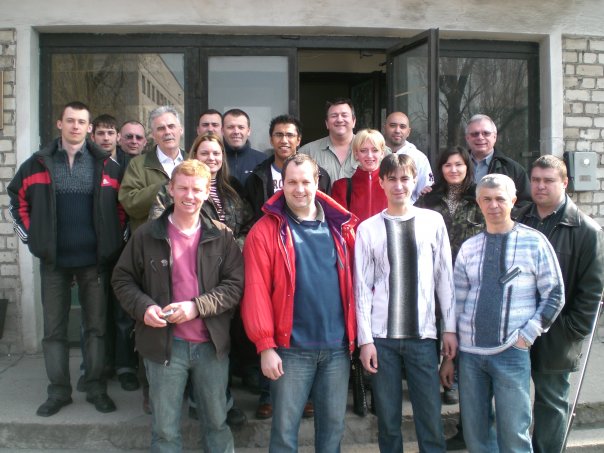November 6, 2014
Concept of Money
Mozambique, a country that has recently held elections that are being disputed by the opposition calling the results foul, whose currency is not available for purchase at Travelex Currency exchange centers. A currency that is called Metical and is 50 to 1 to the UK Pound. Many people do not use debit cards, and ATMs out in the bush are non-existent. Some towns and villages have the luxury of a travelling ATM truck that will come once a month for people to withdraw cash. For those far-flung corners of the country where roads or electricity does not exist a travelling ATM is unheard of.
Since July 2014 I have been on an assignment in the province of Nampula in the north of Mozambique. The people working there come from all over the world as well as Africa. The main contingent is from South Africa, Zimbabwe and of course Mozambique. One of the Mozambican guys is a manager of a department and has several hundred technical staff reporting to him. This fellow is in his late thirties and comes from the province of Inhambane to the south.
How he got here is an interesting story to say the least. Growing up in the bush in a village far from any major city meant life was agrarian. His household consisted of his parents and his five younger siblings. His father grew whatever crops they could and what he could not grow they got from the land. The area they lived in was very fertile thus a lot of the fruits and vegetables grew wild, so all they had to do was pick them for their consumption, as such there was no need to buy or sell any produce. The concept of money was alien, they did not use money as there was no need for the land provided for all their food needs. He had not seen any money growing up and his father did not use any money. That was until his father came upon an idea to overcome a key deficiency in their lives.
The biggest issue they faced was drinking water, to which his father came upon a solution. His father decided to collect rain water for their personal use. They did this for many years and his father devised methods to collect more and more rainwater, until they came to a point where they had surplus. This surplus he would help his father to sell to other people in the village and surrounding countryside. Thus they came upon money for the first time.
His father decided that he would send his eldest son to school and forego his help with selling rainwater. So as a youngster he went to school and over the years he demonstrated aptitude for academia. His success at school led to higher education and eventually university. His father did what he could to pay for his son's tuition and he got a decent job upon graduation.
While he was going through higher education his younger siblings joked with him that he was wasting time with studying and he can stick with his books as far as they were concerned. However, as they witnessed his success and the job he was offered upon finishing his degree, they wanted a bit of what he had. He was more than happy to see his siblings showing interest in education. He paid and helped them all go through higher education, if only he thought it would get them a job out of subsistence living.
From growing up where money was an alien concept to using money to educate himself and his siblings to a better life. Today he is a successful manager, one of his siblings is a doctor in the U.S., another works for the U.N. in Mozambique while the others hold various professional jobs.
Upon being asked if he missed the days of no money and how does it compare to his life now with money?
His answer was that even though life before was simple and what he described as pure freedom, his life now was that much better. Money afforded him things he could only dream of as a child and his world was that much more expansive. He could not see himself return to a world that he had outgrown. He was happy with his status and he was working hard to ensure an even brighter future for his offspring.
If there is one thing that money could buy for every person in the world who is in less than an ideal situation, it is education. Just like in the case of this chap in Mozambique whose father used whatever he earned to send his son to school, that lifted him out of poverty and a life of subsistence living. The outcome of education may not be the same for everyone no matter where they live, but it could expand their world, where they could become engineers, scientists, writers and thinkers that could advance the people on this planet to a whole new level.



